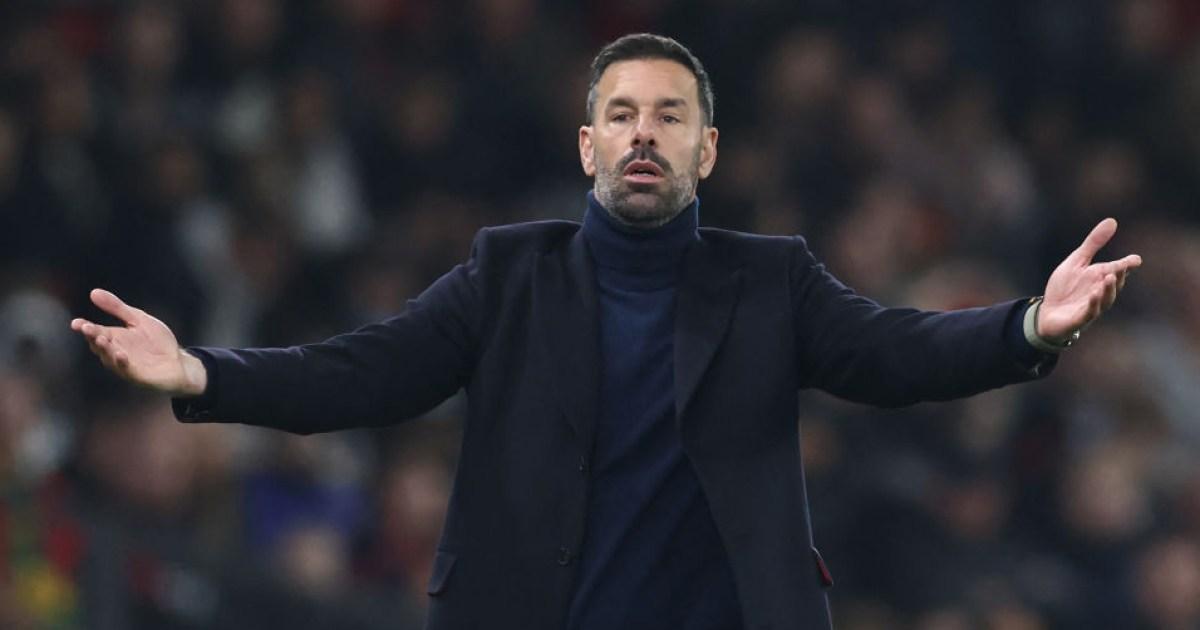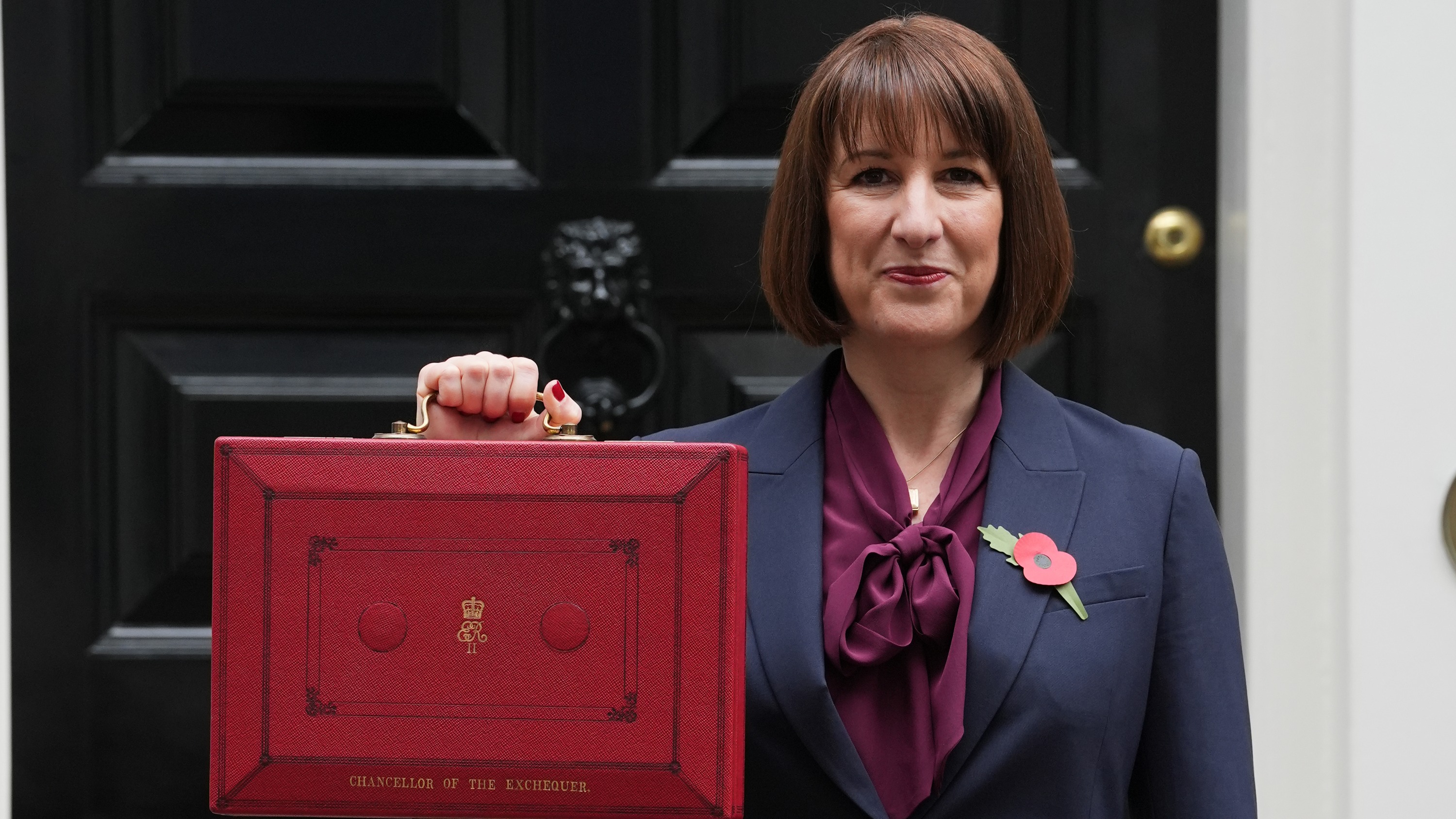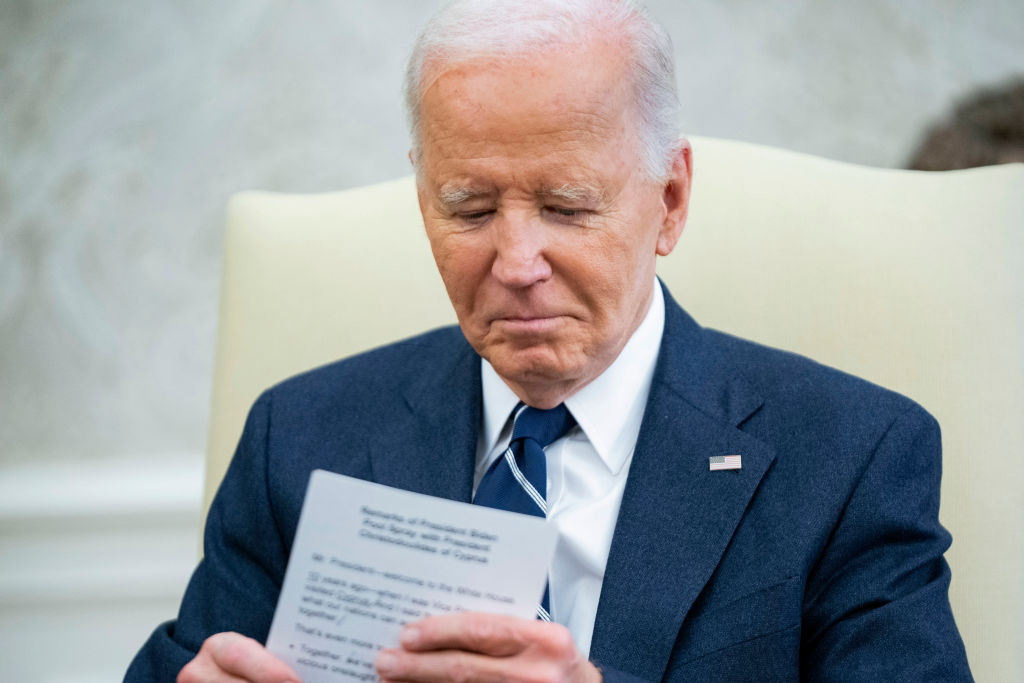As a runner on a film or TV production, “you are, and there is no point kidding yourself, the lowest of the low”, says Tom. “Nobody knows your name, nor do they care to ask. You will be asked to get coffees, lug around kit, even clean toilets – and if anyone higher up senses a whiff of disdain, you’re on your bike.”
Tom is 25 and has been working as a runner – the term given to entry-level positions on TV and film productions – for the past six months. It can be a creative and fun job: “One moment, you’re scrambling to fix a broken JCB that’s in the middle of shot; the next, you’re racing to track down someone cutting a tree in their garden, desperately pleading with them to stop so you can continue shooting the intimate scene.”
On the other hand, he says, you might spend all day standing in one spot telling members of the public they can’t walk into shot, and being abused for it: “It is important not to think about how you wasted 90 grand on an education to do a job a signpost could do.”
Working in film and TV may sound glamorous, but the life of a runner can be anything but, as underlined by the actor Richard E Grant in a recent interview. Asked who were the least-appreciated people on a film set, he replied without hesitation: the runners.
“[They] are paid the least amount of money, they are the youngest, they get there at five in the morning, they are the last to leave – and if anything goes wrong they get shat on from a dizzy height,” said Grant, citing the experience of his own daughter Olivia.
It’s an all too common tale, judging by the dozens of Guardian readers who have shared their own stories of working as runners. While some say the job is demanding but rewarding, others have dispiriting tales of long hours, poor or no pay, bullying or sexual harassment.
“It was not uncommon to find the drama runner crying in the stationery cupboard,” says Sean, of his time working on a hugely successful recent drama series. “The managers of that department would publicly berate runners in front of everyone if they ever made a mistake or couldn’t keep up. Many producers and managers see it as a rite of passage: go through the fire and you can make it in TV/film.”
“For the most part, people were nice to me and the demands weren’t too ridiculous,” says James Moriarty, who has since worked as a TV editor on The Traitors and Dancing on Ice. As a runner, alongside many lowly errands, he was also able to use equipment out of hours to teach himself editing. “Although I did once have to go and pay a producer’s drug dealer one night – that was eye-opening to say the least.”
Mark recalls “getting screamed at by a 50-plus-year-old producer for incorrectly spreading Marmite on his toast”. Josie was told to water a plant on a manager’s desk while they watched, given a colour chart with exact instructions on the acceptable colour of their tea, and sent to buy lunch urgently for 60 people – and carry it back on her own. Carl says he suffered “verbal abuse and groping (by both men and women, some of whom worked in front of the camera)”, and was regularly “made to feel incredibly small in front of large groups of people, which was always the worst part for me)”.









